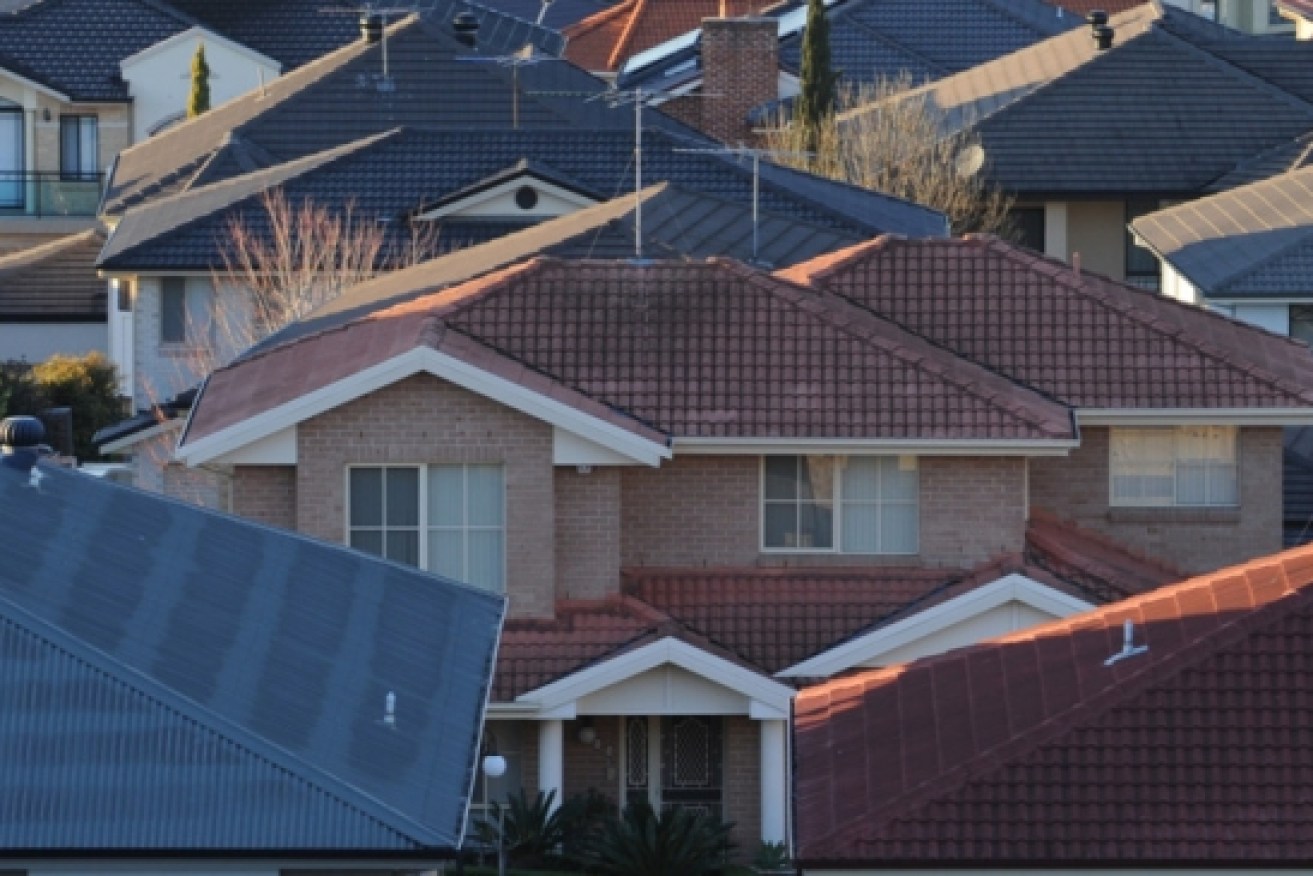Tenants, landlords call for rental rules clarity
South Australia’s tenants, landlords and property managers are calling for more help and guidance about rental accommodation rules, as coronavirus sees tens of thousands of jobs cut and regulations hurriedly introduced to ban rent hikes and evictions.


Charlotte Bronson was forced to leave her rental house and find alternative accommodation after losing her two jobs in hospitality when bars, cafes, restaurants and pubs were forced to shut down to limit the spread of coronavirus.
Bronson moved in with a friend while she tried to get financial support from Centrelink.
“I contacted my real estate agent and I told them: ‘I have no means of employment and no means of income, if I can find an alternative place to live can I break my lease?” Bronson said.
“They said, ‘yes you can but we don’t have anything from the government to say what we’re meant to be doing’.
“Their decision was because they didn’t have any information, I could break the lease – but it would be as though it was under normal circumstances.
“I’d only been in the property since December so they said the lease break percentage would be really high, and I had to pay the rent until someone else rented the property and the advertising costs.
“Considering the current state of affairs it would be a very long time until they could rent the property to someone else.”
Real Estate Institute of South Australia President Brett Roenfeldt has been lobbying the state government for “firm guidelines” on the rental market, after receiving a “phenomenal” number of inquiries from property managers.
“(Property managers) are just bashing their heads against a wall, because they have no clear direction from government whatsoever on what they can and cannot do,” he told InDaily.
Last week, State Parliament passed measures which included a short-term moratorium on eviction for non-payment of rent due to severe financial distress, as well as banning rent increases.
The measures also prohibited tenants from being listed on “a residential tenancies database in certain circumstances as a result of Covid-19” and provided “a general protection for tenants who breach their agreement as a result of complying with a direction under law relating to Covid-19”.
A spokesperson for the Attorney-General’s office said the measures were “expected to be in place for the duration of any emergency declaration made as a result of Covid-19.”
“Ultimately, the current unprecedented circumstances we find ourselves in do require some form of legislative response – but they also require a community response,” the spokesperson said.
“And that means a level of cooperation and trust between landlord and tenants. A tenant evicted in the current climate is unlikely to find a new home, while a landlord who evicts a tenant is unlikely to find a new tenant – which is why it’s so important we work together.
“We’ll be closely monitoring the effectiveness of these measures and continuing to work with key stakeholders on steps that can be taken as things evolve.”
Roenfeldt said the REI was lobbying for further assistance for both real estate agents and tenants.
He said more needed to be done “so that everyone understands what their position is”.
“The property manager has to go to the landlord and work out some form of arrangement between the tenant and the landlord … and there are all sorts of implications … including whether the insurance company is prepared to still back the landlord with insurance policies because of reductions in rent,” Roenfeldt said.
He said financial assistance – such as rental grants, which had been adopted in Queensland – would be welcomed by the organisation and go some way to ease the pressure on property managers.
The funding provides Queenslanders who have lost their jobs due to the impacts of Covid-19, and do not have access to other financial assistance, with a one-off payment of up to 4 weeks rent or $2000.
“At the end of the day it’s not as if there’s (an indefinite) moratorium to pay the rent … if a reduction is agreed to by the landlord and the tenant, the rent that has been reduced still needs to be paid sometime after the moratorium is ended,” Roenfeldt said.
The South Australian Tenants Information and Advisory Service (TIAS) said the organisation had recorded a 23 per cent increase in enquiries March compared to the same time last year.
Most were tenants in private rentals who were facing financial difficulties.
The state government-funded service is run by SYC Limited and provides assistance to low-income earners regarding private rental, community housing and public housing.
SYC CEO Paul Edginton said the “huge spike in enquiries” indicated “some of our most vulnerable residential tenants are very concerned about their housing outlook.
“There’s a huge amount of uncertainty out there and we’re very concerned that two-thirds or enquiries are from women, with some worried about keeping a roof over heir heads and at risk of homelessness.”
Edginton said the organisation was pleased the State government had implemented “sensible and timely changes” but urged tenants who were unsure about their rights and responsibilities to head look on the TIAS website for further information.
Want to comment?
Send us an email, making it clear which story you’re commenting on and including your full name (required for publication) and phone number (only for verification purposes). Please put “Reader views” in the subject.
We’ll publish the best comments in a regular “Reader Views” post. Your comments can be brief, or we can accept up to 350 words, or thereabouts.




